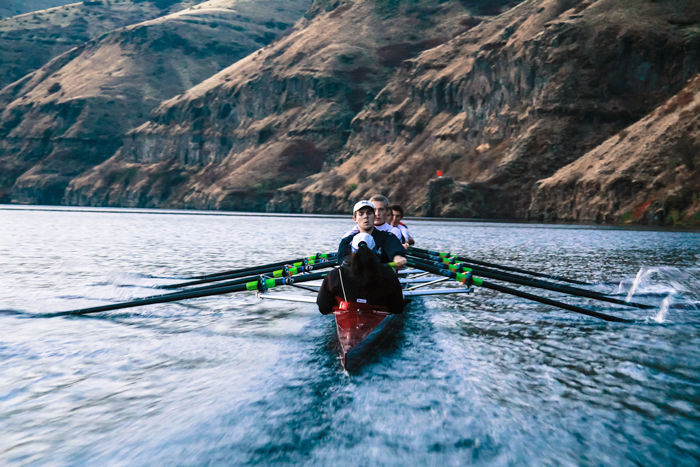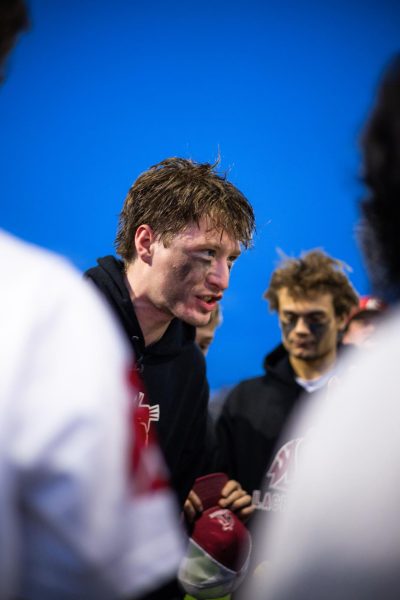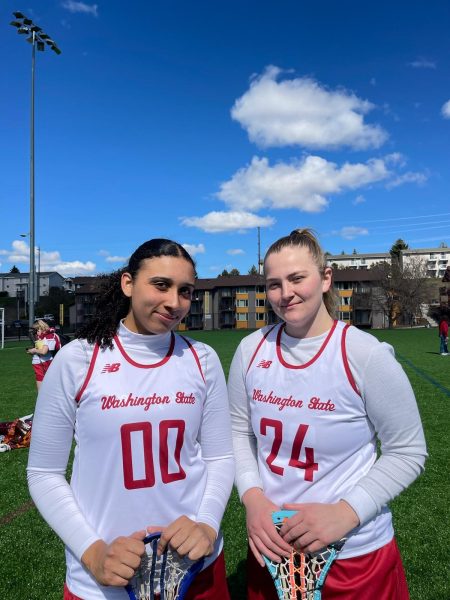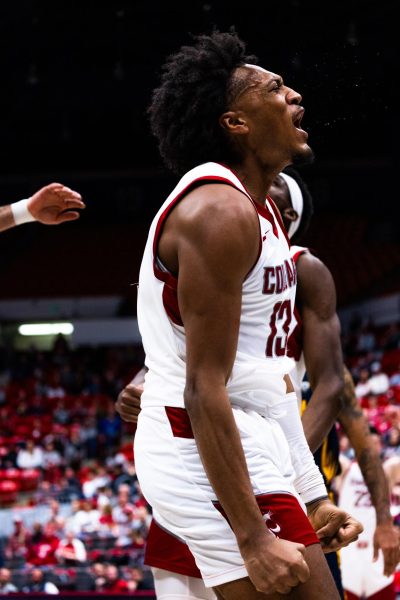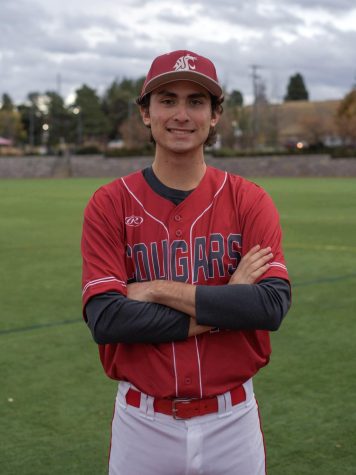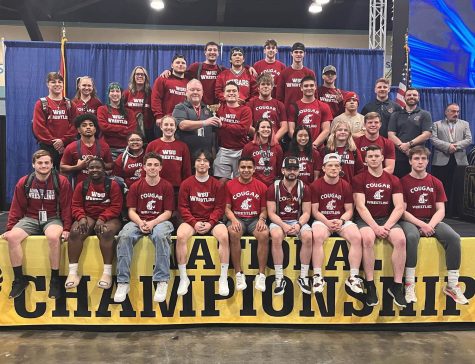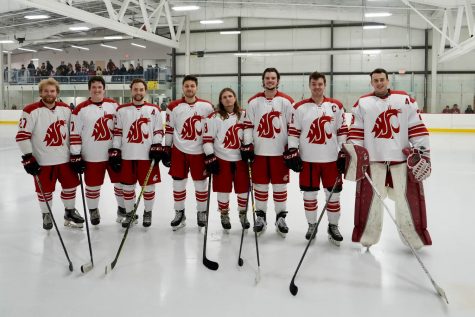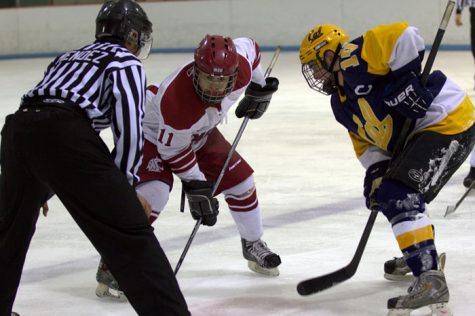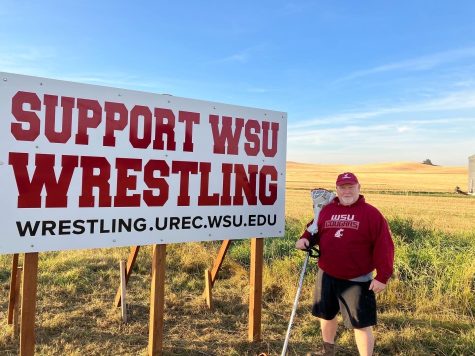An insider’s view of Cougar Crew
September 1, 2016
Back in 1970, Rich Stager and Ken Abbey created a men’s rowing program at Washington State University that has run for more than 45 years. Since then, the WSU men’s rowing club team, also known as in Cougar Crew, has won many championships throughout the decades.
The WSU men’s rowing team has claimed titles in the IRA National Championships, the Fawley Cup against Gonzaga and, most recently, an ARCA novice lightweight 4-plus championship title. Now, Cougar Crew consists of a men’s varsity, men’s novice and women’s club team.
A lot can change in over 40 years, and Cougar Crew Head Men’s Coach Arther Ericsson is the best person to outline them. Ericsson grew up playing basketball, baseball, soccer and tennis, yet rowing did not cross his mind until he was 25 years old.
Once Ericsson discovered rowing, he knew it was the sport for him. The shared goal of racing the boat together with your teammates is what satisfies Ericsson. Serving as the head coach of Cougar Crew is his full-time job, and it occupies him from mid-August through the end of May.
“It is the team which allows one to persevere when, individually, one would fail,” Ericsson said.
One characteristic of Cougar Crew that Ericsson sees, reminiscent of the program’s history, is the mental development in athletes. Specifically, how an athlete deals with the stress of competition while also unifying with the teammates he is competing with for a spot on a boat.
“There are no stars,” Ericsson said. “The crew either succeeds or fails as one. I believe the Cougar Crew wins many races because of the mental strength we bring as a team.”
Ericsson does not mind that his program is less prominent than WSU men’s varsity sports, like football, basketball or baseball. He believes that such sports are part of the American culture, as they are the sports kids grow up with, resulting in lots of fans for professional teams. However, Ericsson maintains that for individuals who enjoy rowing, it fulfills all such athletic needs.
“We don’t ask for popularity, we have what we need,” Ericsson said. “I challenge any football or basketball player to endure one season on the rowing team. When you are in the grand finals of the ACRA National Championships, it is a huge stage. It is held on Lake Lanier in Gainesville, GA, and is the best of the best from over 200 universities from all over the U.S. You’d have to be there to know how big it is.”
The long-tenured head coach is also eager to share his thoughts on how the program can attract athletes interested in remaini ng competitive in college.
“Rowing works where there is a suitable body of water and the people who want to row on it,” Ericsson said. “If the Snake River flowed past the campus, everyone would see how cool it is, but most WSU students never visit the Snake River so they don’t know what they are missing.”
Simply put, Ericsson describes rowing as “like running, swimming and cross country skiing, in that you are at your threshold for the entirety of the race.”
While there are many different viewpoints about rowing, Ericsson’s longevity with the program epitomizes rewards of being a member of Cougar Crew

